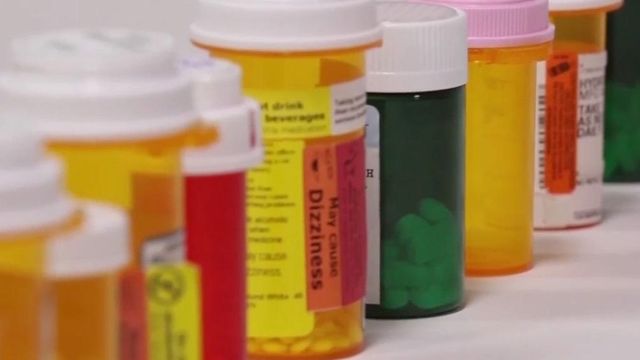NC looks to curb prescription drug abuse through 'doctor shopping'
With the opioid epidemic devastating parts of North Carolina, authorities have been investigating how prescription medications end up on the street
Posted — Updated"Doctor-shoppers connotes someone that tends to goes from prescriber to prescriber to obtain prescriptions often and usually under false pretenses," said Jay Campbell, executive director of the North Carolina Board of Pharmacy.
He said pharmacists often fill prescriptions completely unaware that they are fraudulent.
According to the State Bureau of Investigation, in 2010 there were 88 cases of doctor shopping in North Carolina. By 2016, that number had risen by 110 percent, to to 184 cases.
"We're certainly hoping that we can radically reduce the scope of drug diversion from pharmacies or any place else," Campbell said. "But it is a problem that is never going to go away."
To address the problem, Campbell says pharmacists and doctors must learn to spot the red flags and ask questions.
"None of these are great mysteries," Campbell said, adding that physicians should question if they have patients who routinely show up at a pharmacy far outside their geographic area or bring in prescriptions written by doctors who are completely unfamiliar to the pharmacy.
Officials hope other initiatives will curb prescription drug abuse, including:
- Putting in place a system for North Carolina doctors to register when they prescribe opioids.
- Following a new law that goes into effect in January that allows doctors to prescribe opioid refills, but not on the first visit.
• Credits
Copyright 2024 by Capitol Broadcasting Company. All rights reserved. This material may not be published, broadcast, rewritten or redistributed.






